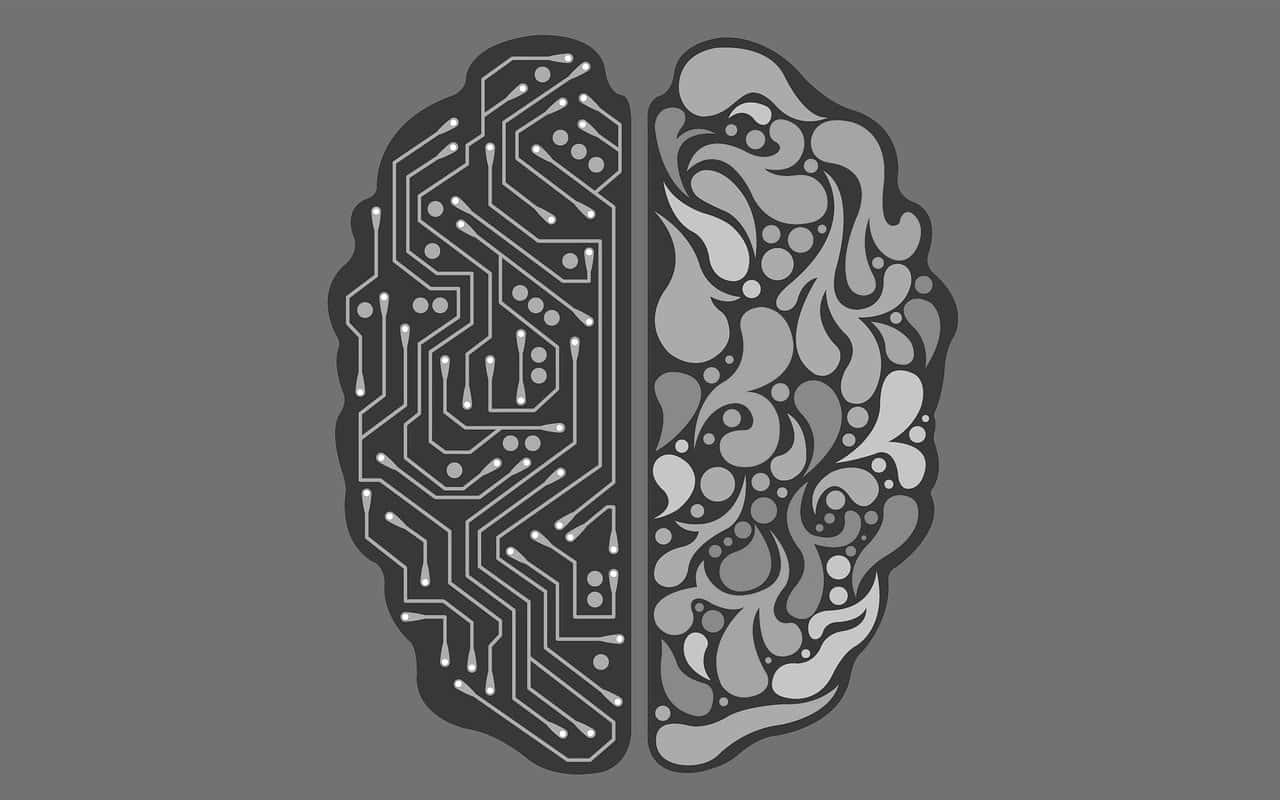
Scientists at Yale and the University of California have stumbled upon a remarkable breakthrough in cognitive science. Their study found that a one-off injection of klotho, a protein produced by the kidney, significantly enhanced cognitive function in older monkeys for a fortnight. The tested rhesus macaques exhibited marked improvements in working memory, despite the protein being broken down by the body within days. Scientists speculate that klotho may bolster neural connections, thus enriching memory retention. However, the optimal dosage remains unclear as benefits plateaued after a certain point.
- Research reveals that a single injection of klotho, a kidney-produced protein, significantly enhances cognitive function in older monkeys for two weeks;
- The tested rhesus macaques showed improved working memory after the injection, suggesting that klotho may strengthen neural connections and enhance memory retention.
The Discovery of Klotho’s Cognitive Benefits
Unveiling klotho’s cognitive-enhancing abilities marks a significant milestone in neuroscience. This protein, produced by the kidneys, has been linked to health and lifespan. Discovered in 1997, klotho has shown health benefits in both mice and humans, demonstrating improvements in maze performance and memory tests. The recent study conducted by researchers from Yale and the University of California, however, is the first to exhibit klotho’s cognitive-enhancing effects on primates.
18 rhesus macaques, equivalent to 65 human years, were tested on their working memory capacity. They were tasked with remembering the location of a hidden treat in an array of compartments. Following a single low dose of klotho, the monkeys exhibited improved performance, making correct choices more often than before the injection. Notably, the cognitive-enhancing effect persisted for the entire two-week observation period, despite the protein being broken down by the body within a few days of injection.

Understanding Klotho’s Mechanism of Action
Despite the promising results, the exact mechanism of how klotho enhances cognitive abilities remains a mystery. Scientists theorise that it may bolster the connections between neurons in the brain, thereby enriching memory retention. To draw a more definitive conclusion, further research is crucial.
Another intriguing aspect of the study was the importance of dosing. The benefits of klotho plateaued at a certain dose, suggesting that higher doses may not necessarily be more effective. This raises questions about finding the optimal dose for humans in future clinical trials.
From Monkeys to Humans: Bridging the Gap
While the results are promising, it’s important to remember that findings in monkeys may not necessarily translate to human healthcare due to differences in brain development and lifestyle. The close genetic and physiological similarities between primates and humans, however, do suggest potential clinical applications for treating cognitive disorders in humans.
Unity Biotechnology has licensed the rights to test a klotho-based drug for cognitive disorders in human clinical trials[1]. The goal is to develop an injectable pen formulation if klotho proves safe and effective. Understanding the intermediates involved in the process of klotho crossing the blood-brain barrier could provide valuable insights into the development of such treatments.







